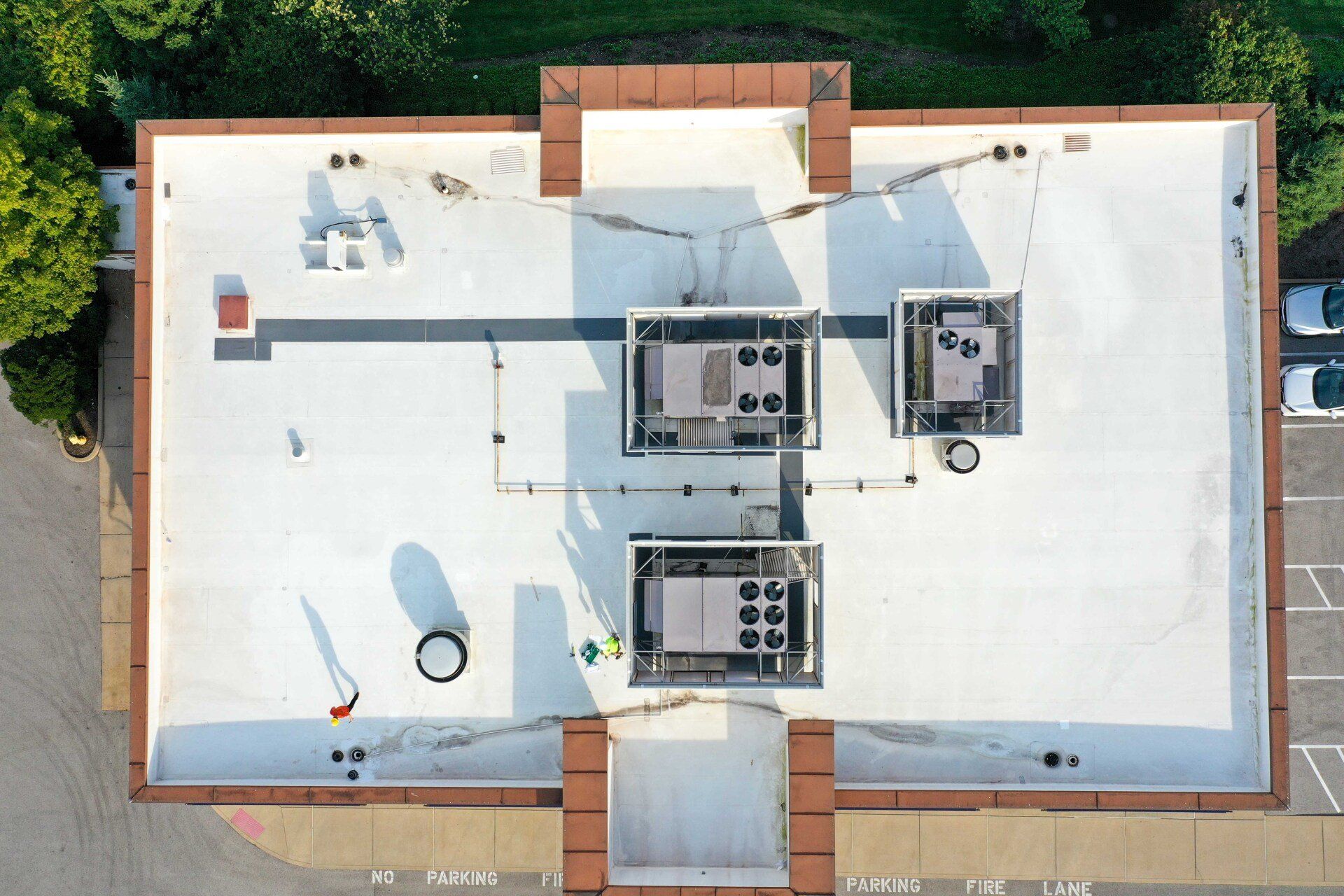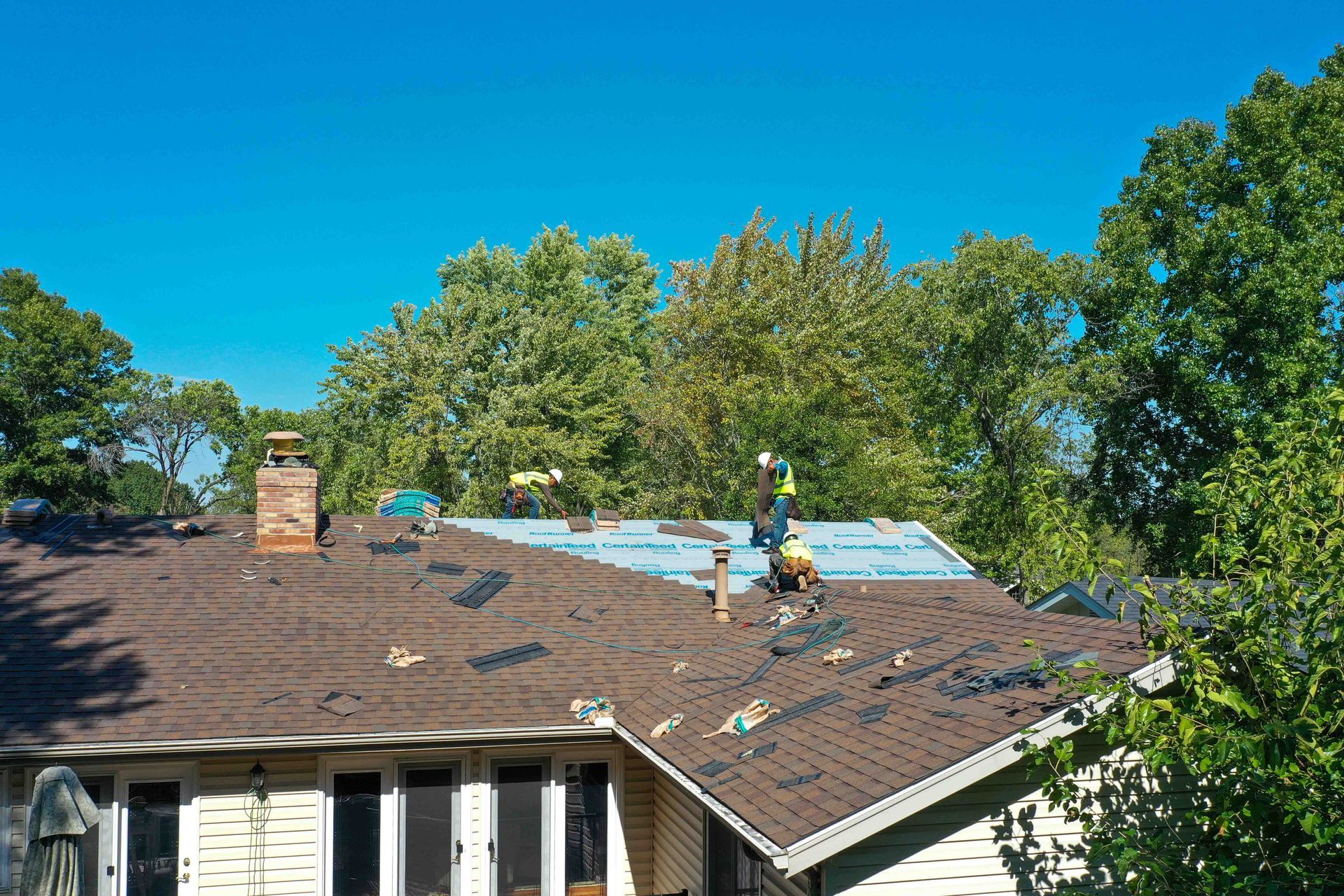The warranty is one of the most critical aspects to consider when investing in a new roof.
A roofing warranty protects homeowners by covering defects in materials and workmanship.
Understanding the different types of roofing warranties and what they cover can help you make an informed decision regarding a roof installation or replacement.
Manufacturer's Warranty
The roofing materials company almost always provides a manufacturer's warranty; this typically covers defects in the materials themselves, such as faulty shingles or tiles that may have manufacturing defects.
It is essential to understand the different types of manufacturer warranties and how they vary in duration and coverage.
- Limited Lifetime Warranty: Many manufacturers offer a limited lifetime warranty that lasts 20 to 50 years. However, the term "lifetime" usually does not mean the homeowner's lifetime but rather the product's lifetime as defined by the manufacturer. Always read the fine print to understand the specifics.
- Prorated Warranties: Some warranties may start covering the total replacement cost but become prorated after a specific period. For example, if your roof is ten years old, the warranty may only cover a percentage of the replacement cost, decreasing annually; this is crucial for homeowners to consider as it affects potential future costs.
- Transferable Warranties: If you decide to sell your home, some warranties can be transferred to the new owner, increasing your property's value and appeal to prospective buyers, as it provides additional protection upon purchase.
Workmanship Warranty
While the manufacturer's warranty covers the materials, a workmanship warranty provides coverage for the roof installation and comes from the contractor.
This warranty covers issues related to the installation process, such as improper sealing, shingle alignment, or leaks resulting from faulty installation.
- Duration: Workmanship warranties typically range from one to ten years, depending on the contractor. A longer warranty can indicate higher confidence in their installation quality.
- Importance of Hiring a Licensed Contractor: Choosing a licensed and insured contractor for your roofing project is crucial. Many reputable contractors offer a workmanship warranty, while those without proper credentials may not provide any coverage.
- What It Covers: Most workmanship warranties cover repairs needed due to installation errors. However, they may not cover damages from severe weather, lack of maintenance, or other factors outside the contractor's control.

Comprehensive Warranties
Some manufacturers and contractors offer comprehensive warranties that combine material and workmanship coverage. These warranties provide extensive protection and are often considered the most beneficial option for homeowners.
- Full Coverage: Comprehensive warranties typically cover both material defects and installation issues for a specified period, which can give homeowners peace of mind.
- Higher Costs: While comprehensive warranties offer extensive protection, they may come at a higher initial cost. However, considering the potential long-term savings on repairs, this can be a wise investment.
- Extended Coverage Options: Some manufacturers and contractors offer additional options for extending coverage beyond the standard warranty terms, which can provide homeowners with even more security.
Exclusions and Limitations
Understanding the exclusions and limitations of a roofing warranty is crucial. Most warranties will not cover damage caused by:
- Severe Weather: Many warranties exclude damages from natural disasters such as hail, high winds, or falling trees. Reviewing the warranty's specific terms is essential to know what is and isn't covered.
- Lack of Maintenance: Warranties typically require regular maintenance to remain valid. Neglecting roof maintenance or failing to address minor issues promptly can void the warranty.
- Improper Use: Any modifications made to the roof after installation—such as adding heavy equipment or structures—can also void the warranty.
Claiming Warranty Coverage
If you believe you have a valid warranty claim, the process typically involves the following steps:
- Document the Issue: Take photographs and notes detailing the problems you're experiencing. Documentation will support your claim.
- Review the Warranty Terms: Review the warranty's terms and conditions before filing a claim to ensure your issue is covered.
- Contact the Manufacturer or Contractor: Reach out to the appropriate party to initiate your claim. Provide them with your documentation and any required forms.
- Follow-up: If you don't receive a timely response, follow up with the manufacturer or contractor to ensure your claim is processed.

Work With CD Strong Construction
Understanding roofing warranties is vital for any homeowner considering a new roof. With various types of warranties available, carefully evaluating your options is essential.
Manufacturer's warranties protect against material defects, while workmanship warranties cover installation issues. Comprehensive warranties offer the best protection but come at a higher cost.
Get in touch with us today!
Are you searching for the best roof repair & roof installers in the Midwest?
CD Strong your trusted roofing contractor

CD Strong Construction – License #104015053 – Your Trusted Roofing Contractor


